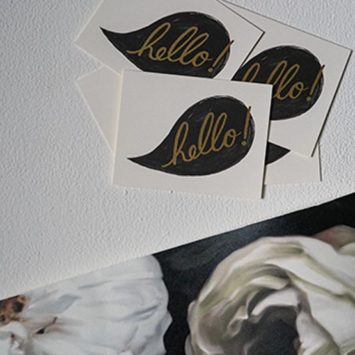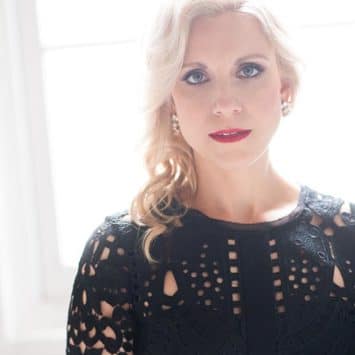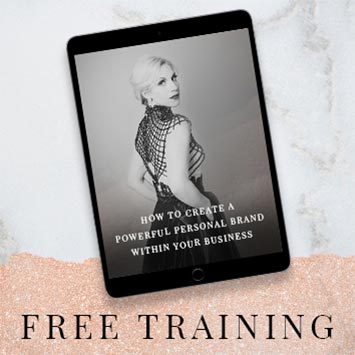Authenticity is a term you hear a LOT lately. As an service-based entrepreneur, what does it mean to be to be authentic? Here is one way to define authenticity in business, and how your story not only fosters connection and credibility, but also renders an authenticity that can’t be faked. I just returned home last night from a conference with my mentors, and a lot of our conversation was around authenticity and how that’s …
Authenticity is a term you hear a LOT lately. As an service-based entrepreneur, what does it mean to be to be authentic? Here is one way to define authenticity in business, and how your story not only fosters connection and credibility, but also renders an authenticity that can’t be faked.
I just returned home last night from a conference with my mentors, and a lot of our conversation was around authenticity and how that’s showing up more and more in the business space. And so I wanted to address this topic because it’s an important point that’s showing up not only in the business space, but in politics.
Not something I normally talk about, politics, but last month there was an episode of The Daily that I was listening to, and it was all around the musical choices that the political candidates use in their rallies and different events and how that music represents not only the message of their campaign, but who they are authentically. That word came up so many times during the interview and the news story: “authenticity.” It’s something like a buzz word that you hear a lot of these days. So I wanted to share with you what that really means in terms of business.
Most of our clients are healers or coaches, and the billion-dollar coaching space is a crowded industry, and there are inauthentic people who are serving in that space.
And so how do you cut through that noise and be authentic and true to who you are and make a difference?
The key to this is, I believe, don’t teach what you don’t know or haven’t experienced. There have been clients who’ve come to me thinking their message and what they want to teach is one thing, when they haven’t actually mastered that in their own business or life yet. So the most successful clients that we have and the most success that we see comes when you really are able to tap into your personal story, something that has happened in your life, an experience you’ve gone through, that you have learned from, come out the other side, and can now guide others in something similar. And that should be the core of your messaging.
So, yes, we are leveraging your experience and being authentic to who you are and sharing your story, but we’re connecting with others who are in a similar place and can relate to that story. So we’re the guide, the customer is the hero, and we’ve been through it, so we can get them to the other side.
There’s a fine line between, I think, sharing too much of your story and intimate details and trying to make an impact. I think the best piece of advice I can give is, if you feel this personal information is going to speak to your message and ultimately help in the results of your client, then share it. Otherwise, there are some things you don’t have to share. And if you get stuck, feel free to reach out. I’m happy to help you discern what to share, what not to share.
This is about showing up authentically and not claiming to have the answers for things that perhaps you haven’t really mastered yourself.
So that’s where your story comes in and how it can be so impactful for others. I hope that helps you in clarifying your message and seeing how important authenticity is in business as a service-based business owner.












